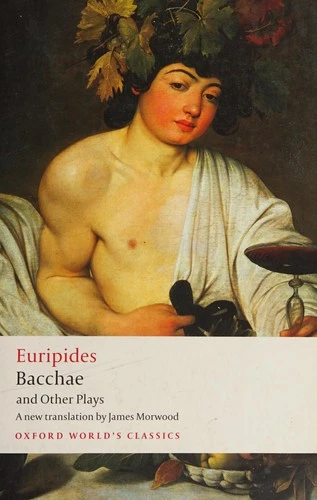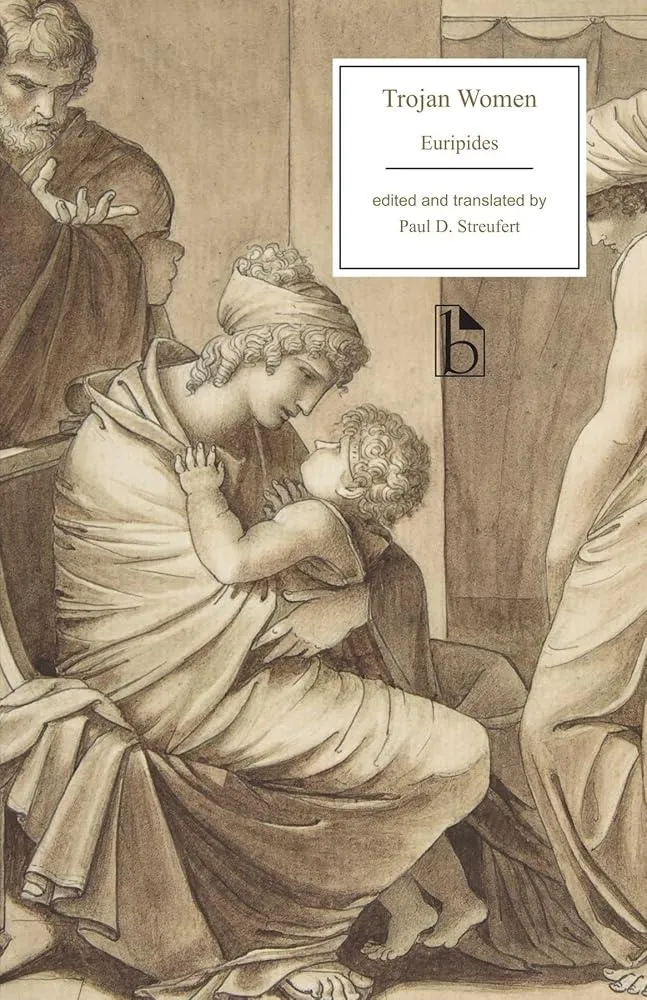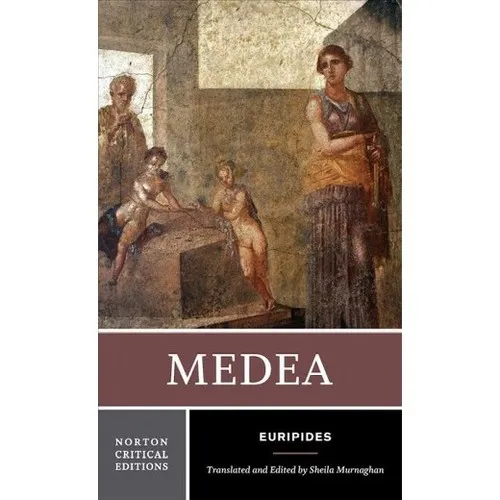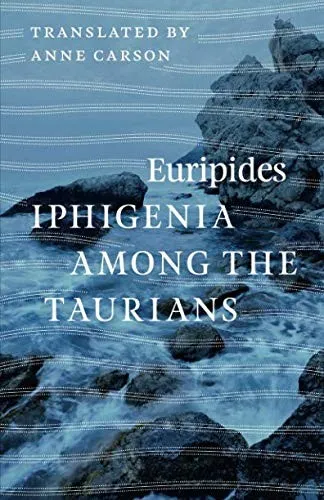
The four plays newly translated in this volume are among Euripides' most exciting works. Iphigenia among the Taurians is a story of escape and contrasting Greek and barbarian civilization, set on the Black Sea at the edge of the known world. Bacchae, a profound exploration of the human psyche, deals with the appalling consequences of resistance to Dionysus, god of wine and unfettered emotion. This tragedy, which above all others speaks to our post-Freudian era, is one of Euripides' two last surviving plays. The second, Iphigenia at Aulis, centres on the ultimate dysfunctional family as natural emotion is tested in the tragic crucible of the Greek expedition against Troy. Lastly, Rhesus, probably the work of another playwright, is a thrilling, action-packed Iliad in miniature, dealing with a grisly event in the Trojan War.
Euripides
Euripides was an ancient Greek tragedian born around 480 BC in Athens. He is known for his innovative and controversial plays that challenged traditional beliefs and societal norms. Some of his most notable works include "Medea," "The Bacchae," and "Electra."
Euripides' plays often featured strong female characters and explored themes of revenge, betrayal, and the complexities of human nature. His use of psychological depth and moral ambiguity set him apart from his contemporaries and influenced future playwrights.
Euripides made significant contributions to the development of Greek tragedy, incorporating elements of realism and focusing on the inner lives of his characters. His works continue to be studied and performed around the world, with "Medea" being his most famous and enduring play. Euripides' legacy as a master of tragedy and a pioneer of dramatic storytelling has had a lasting impact on the literary genre.





